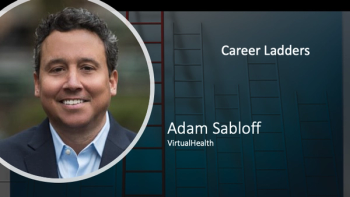
Adam Sabloff, CEO and founder of VirtualHealth, says his father’s watchwords, “if you don’t quit, you’ll win,” have inspired and motivated him throughout a varied career that has had ups and downs.

Adam Sabloff, CEO and founder of VirtualHealth, says his father’s watchwords, “if you don’t quit, you’ll win,” have inspired and motivated him throughout a varied career that has had ups and downs.
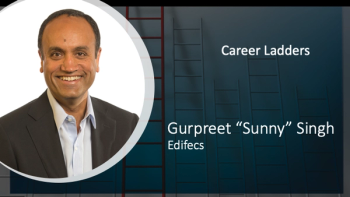
Gurpreet “Sunny” Singh, chairman of the board at Edifecs, said he follows a philosophy in life that stretches from his time at Montana State University in the 1980s, directly to his work today, at Edifecs, and in India to improve the lives of billions through innovative wellbeing initiatives with RoundGlass. “My father always encouraged me to pursue my passions and to dream big. He also raised me to be generous and compassionate – to honor the human spirit. This is something that I’ve carried with me for my entire life, and it’s shaped the work that I do.”
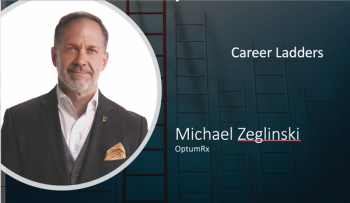
Michael Zeglinski, senior vice president and CEO of specialty and infusion pharmacy at OptumRx, has applied the experiences he had playing the French horn in orchestras to his increasingly important roles in healthcare: “Being in an orchestra has its own dynamics — the conductor, being part of a team and doing your best to contribute to the whole. All of that applies to business.”
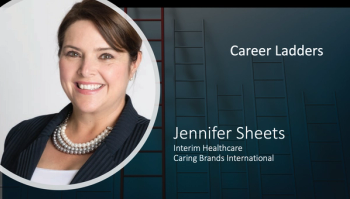
Jennifer Sheets, CEO of Interim Healthcare and Caring Brands International, says a preventable hospital error led to her father’s death: “My commitment and passion for high-quality, process-driven healthcare (are) still greatly fueled by the horrific event that absolutely didn’t need to happen.”
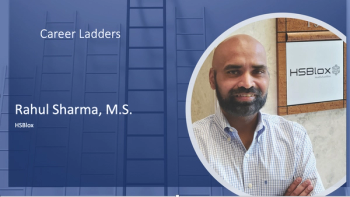
Rahul Sharma, M.S., CEO of HSBlox, say that early in his career he learned “to be the bridge between business teams and technical teams."

Insurers make acquisitions as pandemic adoption of virtual care delivery becomes the norm.
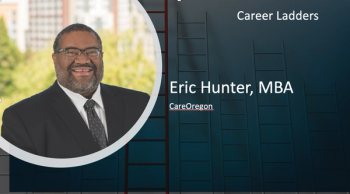
Eric Hunter, MBA, CEO of CareOregon, say that “building relationships with people through professional organizations and prior assignments kept me on the radar for the right opportunities.”

After having thrived in a fee-for-service healthcare system, can chronic disease specialists be enticed to switch?
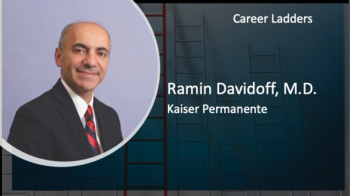
Ramin Davidoff, M.D., co-CEO of the Permanente Federation, has applied lessons he learned as a child. “There is no substitute for working hard and to always treat your people kindly, professionally and respectfully.”

Oscar and Bright Health, with their retail orientation, are attracting investment, adding members, entering partnerships and making acquisitions.
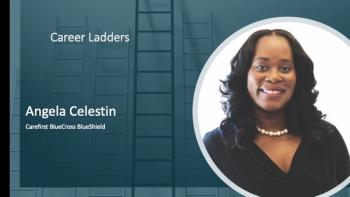
Angela Celestin, executive vice president and chief human resources officer for CareFirst BlueCross BlueShield, had a career outside of healthcare before working at CareFirst. “Healthcare was going through some major changes, and I wanted to be part of that change,” she says.

The FDA’s accelerated pathway gets drugs to market quickly, but it also can mean patients are put on therapies that do not actually provide a clinical benefit.

Some see the upward trend in cancer drug costs as accelerating — and unsustainable. Value-based pathways might rearrange the incentives to put some downward pressure on prices.
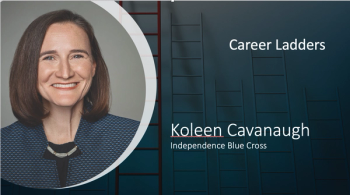
Koleen Cavanaugh, vice president of marketing at Independence Blue Cross in Philadelphia, says starting in customer service was the best thing for her career.

Researchers are documenting how income volatility is affecting the middle class and healthcare decisions of its members.
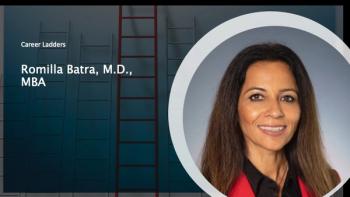
Romilla Batra, M.D., MBA, chief medical officer of SCAN Health and a professor of medicine at University of California, Irvine, says she was drawn to working for SCAN because “its mission resonated so strongly with me."

Low prices and some gaming of regulations can drive out competitors and create monopolies that allow generic makers to jack up their prices. Experience has shown that it often takes multiple generics to achieve the promised-for downward pressure on prices.

Not in recent memory has an FDA approval stirred up so much controversy as the agency’s OK of Aduhelm, Biogen’s Alzheimer’s treatment.

Findings from industry studies show major cost savings for beneficiaries in Medicare Advantage plans. Some say the cost per enrollee for the government is higher than that for traditional Medicare.

In carpentry, it is best to measure twice and cut once. In cancer clinical trials, it is best to measure patient-reported outcomes uniformly, according to a new draft guidance from the FDA.

Everyone seems to be gearing up for value-based care, 2.0. It is hard to argue against the goal of moving from “volume to value.” The jabbing and the jostling are about the best way to get there.